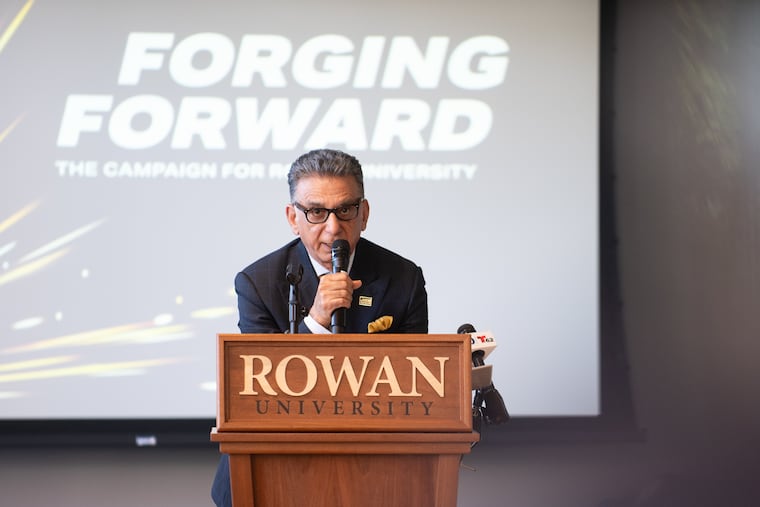New York urged to declare diabetes emergency amid rising cases and public health concerns.
For nearly one million residents of New York City affected by type 2 diabetes, the pressing need for effective interventions is becoming increasingly urgent. Public health officials must address this crisis, as the prevalence of diabetes continues to escalate in many neighborhoods, where more than 25% of residents are affected. The impact on community dynamics is profound, creating a backdrop of concern not just for those living with the condition, but for their families and friends grappling with the ramifications of their health struggles.
The New York State and City Health Departments have been criticized for their lack of actionable strategies aimed at combating diabetes. These agencies have not implemented community-based self-care education programs, despite the success seen in other public health campaigns, such as HIV prevention and mental health initiatives. Research indicates that these programs can significantly enhance public health outcomes by lowering blood sugar levels, reducing complications, and minimizing healthcare costs associated with the disease.
In response to these alarming statistics, Bronx Borough President Vanessa Gibson convened the Bronx Diabetes Action Summit, advocating for the city Board of Health to declare diabetes a public health emergency. Currently, approximately 60,000 new diagnoses are made each year in New York City, contributing to the staggering statistic of one in nine residents living with diabetes. This figure is disproportionately high among Black, Latino, and Asian communities, where rates can be twice as high compared to other groups.
The economic and human toll of diabetes in New York is staggering. The state has the highest diabetes-related costs in the nation, which are not only a financial burden but also indicative of a looming public health crisis. In the greater New York area, around 220,000 individuals are diagnosed with kidney disease, a condition primarily caused by diabetes. The implications of this are severe, as many of these patients will require dialysis or transplants in the near future.
Furthermore, diabetes is the leading cause of adult blindness. New York’s high incidence of this condition has resulted in over 493,200 residents experiencing blindness or severe vision loss. The rate of diabetes-related amputations has doubled from 2009 to 2020, with the Bronx witnessing a particularly alarming 60% higher rate of such procedures compared to the rest of the city. These amputations, which the American Diabetes Association asserts are largely preventable, carry significant long-term costs, averaging upwards of 0,000 per individual.
A public health emergency declaration could catalyze the necessary action to address this burgeoning problem. Diabetes poses a unique opportunity for health interventions that could result in significant savings for public health budgets, while simultaneously improving the quality of life for millions. Notably, even a modest reduction in blood sugar levels can lead to remarkable health outcomes. For instance, a 10% decrease in A1C levels can yield a 35% reduction in eye damage. Programs like the Diabetes Self-Management Program have demonstrated profound effectiveness, reducing new cases of kidney disease by 90%.
As the state grapples with these challenges, it is crucial to prioritize diabetes education and treatment. Initiatives aimed at empowering residents through more accessible resources and community involvement can foster a culture of health and awareness. Moreover, the establishment of diabetes centers of excellence at safety-net hospitals can enhance care and education in vulnerable populations.
Regrettably, there is a notable absence of public messaging from state and city officials regarding diabetes awareness, leaving many at-risk individuals without essential information. The time has come to acknowledge diabetes as a critical public health crisis and mobilize resources to effect meaningful change.







